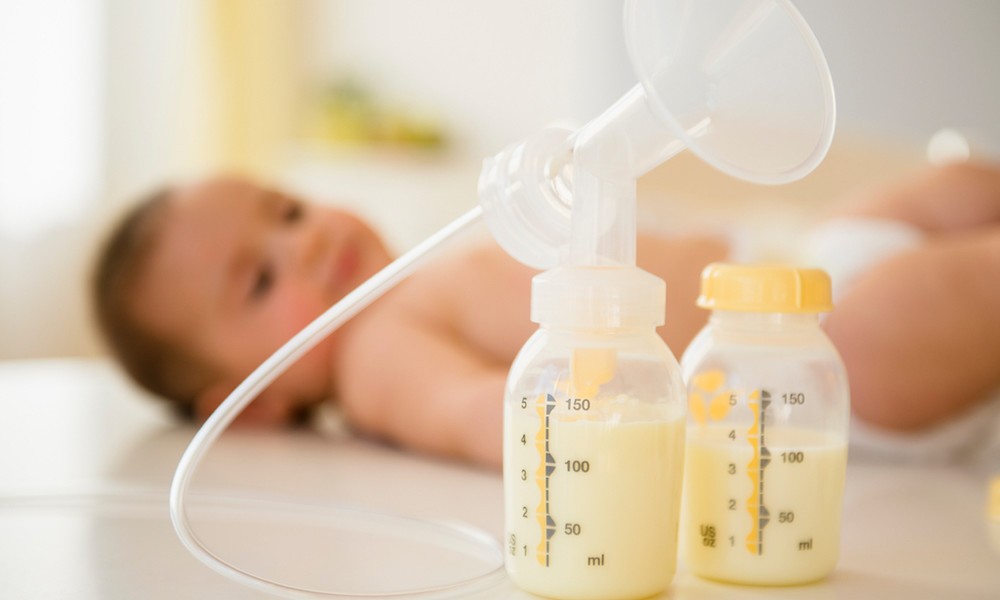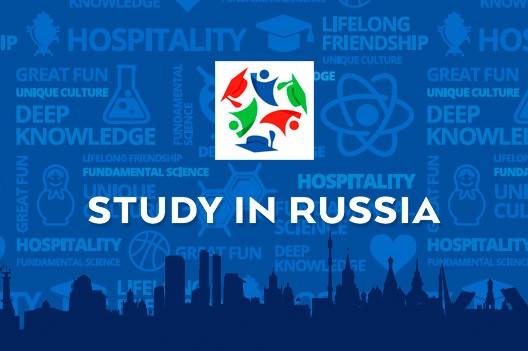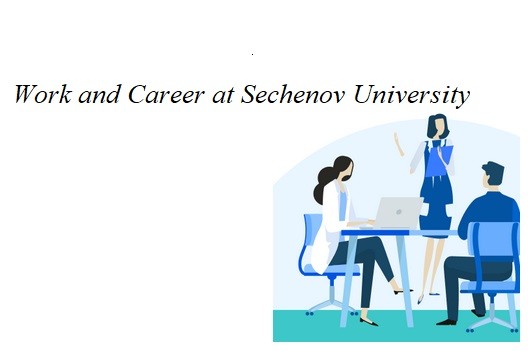- Абитуриенту
-
Обучающемуся
- Я – профессионал
- Локальные нормативные акты
- Образовательные программы
- Стоимость обучения
- Университет - обучающемуся
- Центр карьеры
- Учебный центр по маркировке
- Учеба и наука
- Школы мастерства
- Комфортная среда обучения
- Образовательные стандарты
- Стипендии и материальная поддержка
- Вакантные места
- Общежития
- Сотруднику
- Аккредитация специалистов
-
About University
- Mission & Brand Strategy
- University Leadership
- Rector's Welcome
- History
- Regulatory Documents
- Contacts
- Staff
- International Recruitment
- Partners
Applicants- Why Sechenov University
- Degree Programmes in English
- Preparatory Courses
- Non-Degree Programmes
- Transfer from other Institutions
19.05.2022Sechenov University to test device which improves breastfeeding safety
 Researchers at Sechenov University have launched tests of a device that can perform fast pasteurisation of breast milk. This device will disinfect the milk — removing a wide range of infectious agents but keeping the nutrients.
Researchers at Sechenov University have launched tests of a device that can perform fast pasteurisation of breast milk. This device will disinfect the milk — removing a wide range of infectious agents but keeping the nutrients.
The compact pasteuriser is designed to reduce the risk of transmitting dangerous infections from mother to baby through breastfeeding. The targets are the human immunodeficiency virus (HIV), Cytomegalovirus, human T-cell lymphotropic virus type 1, human papillomavirus (HPV), Ebola virus, and SARS-CoV-2 (causative agent of COVID-19). At the same time, breast milk pasteurisation with this new device will preserve important microelements, vitamins, enzymes, other nutrients, and the mother’s antibodies, contributing to the formation of the baby’s immunity.
“Breastfeeding is by far the best — and preferred — nutritional option for infants. But sometimes breastfeeding should be stopped because of medical reasons, for example, when the mother is ill or receives treatment,” said Maksim Suchkov, the author of the idea who is currently a resident and PhD student at Sechenov University.
“This situation is inconvenient because the baby will need to switch to formula, and there is a risk for the mother to have no more breast milk, without the potential to restore breastfeeding. This problem became particularly evident during the COVID-19 pandemic, when it was shown that wearing a face covering by the mother was not sufficient to protect the baby. In addition, some infections can be transmitted with microdoses of blood which can enter the milk through microcracks on the nipples. The device that we are developing is designed for disinfecting the milk while keeping the nutrients intact. This will ultimately help the mother maintain a convenient, desirable diet plan for the baby.”
The ongoing study is looking at the role of breastfeeding in the vertical transmission of SARS-CoV-2 from mother to baby, protective effects of antibodies to SARS-CoV-2 antigens, and other immune mechanisms. In this study, there is also a separate cohort of women who have been vaccinated against COVID-19 — since the question of transmission of protective antibodies acquired through vaccination is important.
“Pasteurisation of breast milk may be carried out at home — in the case of the mother’s infectious disease — and in hospital when it appears to reduce the risk of an additional infectious load for the baby. It is particularly important for premature babies, in perinatal centres, and for breastfed babies with medical conditions and ongoing treatment. Breastfeeding is important for the baby’s nutrition — but it also gives the mother psychological comfort. The possibility of breast milk pasteurisation even creates opportunities for a market of donor breast milk,” added Maksim Suchkov.
The compact pasteuriser is being developed together with the Institute of Bionic Technologies and Engineering at Sechenov University. Research and tests are taking place at the World-Class Research Centre “Digital Biodesign and Personalised Healthcare”, and clinical trials are planned to be done at the Clinic of Obstetrics and Gynaecology.
In future, researchers at Sechenov University — together with the Laboratory of Molecular Nutrition at the Centre for Biotic Medicine — will consider the ways of improving breast milk with extra microelements and nutrients. One of the potential research avenues focuses on the enrichment of breast milk with vitamin complexes, taking into account the mother’s area of living or disease history.
Embed on website
Sechenov University to test device which improves breastfeeding safety
 Researchers at Sechenov University have launched tests of a device that can perform fast pasteurisation of breast milk. This device will disinfect the milk — removing a wide range of infectious agents but keeping the nutrients.
Researchers at Sechenov University have launched tests of a device that can perform fast pasteurisation of breast milk. This device will disinfect the milk — removing a wide range of infectious agents but keeping the nutrients.
The compact pasteuriser is designed to reduce the risk of transmitting dangerous infections from mother to baby through breastfeeding. The targets are the human immunodeficiency virus (HIV), Cytomegalovirus, human T-cell lymphotropic virus type 1, human papillomavirus (HPV), Ebola virus, and SARS-CoV-2 (causative agent of COVID-19). At the same time, breast milk pasteurisation with this new device will preserve important microelements, vitamins, enzymes, other nutrients, and the mother’s antibodies, contributing to the formation of the baby’s immunity.
“Breastfeeding is by far the best — and preferred — nutritional option for infants. But sometimes breastfeeding should be stopped because of medical reasons, for example, when the mother is ill or receives treatment,” said Maksim Suchkov, the author of the idea who is currently a resident and PhD student at Sechenov University.
“This situation is inconvenient because the baby will need to switch to formula, and there is a risk for the mother to have no more breast milk, without the potential to restore breastfeeding. This problem became particularly evident during the COVID-19 pandemic, when it was shown that wearing a face covering by the mother was not sufficient to protect the baby. In addition, some infections can be transmitted with microdoses of blood which can enter the milk through microcracks on the nipples. The device that we are developing is designed for disinfecting the milk while keeping the nutrients intact. This will ultimately help the mother maintain a convenient, desirable diet plan for the baby.”
The ongoing study is looking at the role of breastfeeding in the vertical transmission of SARS-CoV-2 from mother to baby, protective effects of antibodies to SARS-CoV-2 antigens, and other immune mechanisms. In this study, there is also a separate cohort of women who have been vaccinated against COVID-19 — since the question of transmission of protective antibodies acquired through vaccination is important.
“Pasteurisation of breast milk may be carried out at home — in the case of the mother’s infectious disease — and in hospital when it appears to reduce the risk of an additional infectious load for the baby. It is particularly important for premature babies, in perinatal centres, and for breastfed babies with medical conditions and ongoing treatment. Breastfeeding is important for the baby’s nutrition — but it also gives the mother psychological comfort. The possibility of breast milk pasteurisation even creates opportunities for a market of donor breast milk,” added Maksim Suchkov.
The compact pasteuriser is being developed together with the Institute of Bionic Technologies and Engineering at Sechenov University. Research and tests are taking place at the World-Class Research Centre “Digital Biodesign and Personalised Healthcare”, and clinical trials are planned to be done at the Clinic of Obstetrics and Gynaecology.
In future, researchers at Sechenov University — together with the Laboratory of Molecular Nutrition at the Centre for Biotic Medicine — will consider the ways of improving breast milk with extra microelements and nutrients. One of the potential research avenues focuses on the enrichment of breast milk with vitamin complexes, taking into account the mother’s area of living or disease history.



